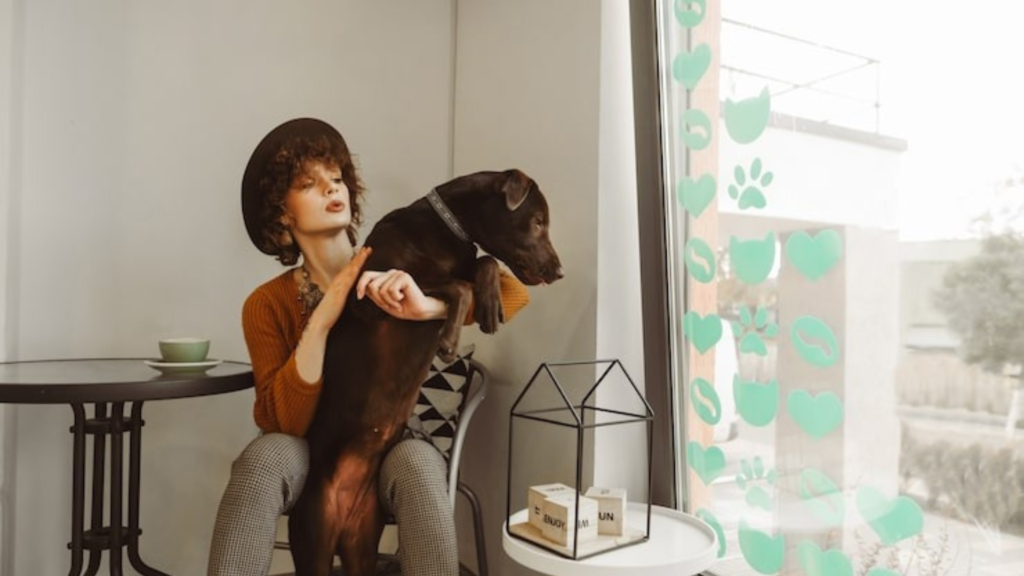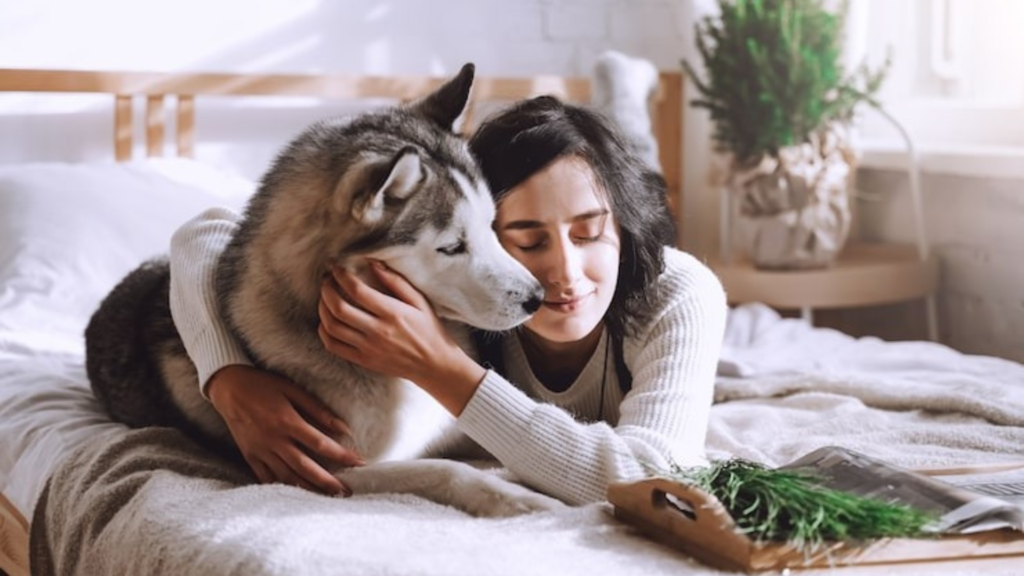Most of us provide our pets with the same care that we provide members of our families: when they are ill or injured, we seek out veterinary care and use emergency veterinary services. However, it is not easy to understand why human beings choose to bind themselves so closely to members of other species, because we are practically the only species that does so. The Psychology Behind Why Pets explains that when in confinement, different kinds of animals develop socially and in nature
In the case of a symbiotic relationship than a friendship or companionship. Examples of symbiotic relationships favoring each other occur when a species are in a mutually beneficial relationship to the protection of predation or parasites by the other species. But to generalize, it appears that Siberian Huskies and most other animal species can form strong friendships with different species, as we can observe when our pet cats, dogs, and many other kinds of pets eventually develop strong social attachments to other species, even though these species are naturally antagonistic.
Empathy and compassion

Species to each other or even predator prey in their wild environment. Other theories like the biophilia theory advanced by Edward O. In particular, Wilson claimed that it was during evolutionary times in the early history of hominids that there was a certain survival advantage involved in watching and staying near other animals that existed in nature. It was only logical that there would be other species that would thrive within the environment.
Ample access to some key life sustaining factors (i.e., fresh water and edible vegetation): and considering the fact that early man was attracted to animals, early man stood a clear chance to survive as compared to early man who kept to themselves and avoided animals. More fundamentally again, and perhaps because one of the reasons why animal assisted therapy may enhance the psychological wellbeing of human beings, there appears to be something fundamentally good about being in the nearest surroundings with other living things that are also doing very well.
Who love animals more than people psychology

Psychologists discuss our fondness of our pets and describe it using various possible factors. One is the fact that we as humans have been breeding the animals that we most commonly take as pets to exhibit physical traits that we find attractive, specifically the large eyes to size of the head. Every dog belongs to a single species (Canis familiaris), whether it is the short, flattened (squashed) noses of the brachycephalic breeds such as that found in the Pug and Bulldogs, the floppy ears of the Labradors and Retrievers, or the skin folds of the Shar Pei, all those characteristics were as a result of arbitrary selection.
The very fact that we created them in the first place using such physical attributes that we find so endearing (along with a general tendency to create breeds that have very specific qualities and abilities), is what appeals to us so much about them. Much of what our pets arouse in us (and a good deal of why we would tend to treat them more like infants all their lives-infantilizing them” in my own words) may have much to do with the manner in which the physical features.
The benefits of pets

That we have trained them bring about associations with our own nurturing tendencies and thus how those personality traits they captivate us And equally, since our pets are completely helpless, they are likely to do the same protection and parental impulses as our own children. It feels good and is “validating” to us that another being is relying so much on us. This idea of validation comprises a very crucial role in the sphere of human psychology.
Even in the most profound relationships of human kind the love is conditional in a way that unless a person loves his children which would seem to be the only exception to the rule, the love we might extend to various people today might change into something entirely different or could simply be not there at all tomorrow, depending on the choices, values and beliefs of those people we love. In the meantime, the affection that we receive, through our pets (more specifically, our dogs and pet birds) is nearly, unconditional.
Unconditional Love and Attachment: Why Pets Often Receive Our Greatest Affection

Whereas we may sometimes lose the respect and love of other people due to things we do or things that they may discover they do not like about us, once we have established a relationship with our pets they will continue loving us despite personal traits that might make other people cease to love us. Thus, we might love our pets because of the many factors that come into play all at once in making us feel so attached to them.
Our pets give us the validation we seek since we can be sure to never run out of their affection because of their constant reliance on us and (perhaps most importantly), our pets love us without conditions or criteria of being taken away like the love of other human beings. Americans adore pets and many of them believe that they are animal lovers. But is it a sign of love when we are angrier about animals than other human beings Are we wrong In this article, we will examine in detail the reasons as to why at times we appear to take greater interest in the welfare of our pets than our next door neighbours.
Komentar
Posting Komentar